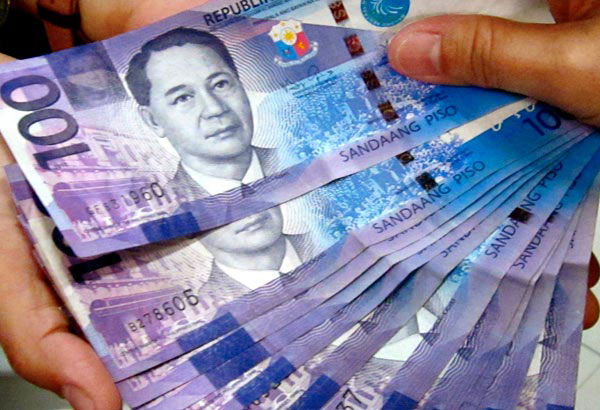Most Asian currencies edged higher against the US dollar on Wednesday, with the Philippines leading the gains after posting a narrower budget deficit in November—the latest addition to a run of good economic news.
The peso was up 0.3% and hit its highest since mid-June after the four-day Christmas holiday. The US dollar was flat, with the dollar index which measures the greenback against six major rivals, down 0.07%, Reuters reported.
Globally, sentiment was buoyed by oil prices rising to 2-1/2 year highs. The South Korean won was up 0.08%, hitting its highest since April 2015.
A Bank of Korea survey showed that median expectation for the inflation rate over the next 12 months was 2.5% in December, unchanged from November. The won seemed unaffected by the survey showing consumer confidence slipped in December.
The Taiwan dollar was unchanged by remarks from central bank Vice Governor Yang Chin-long who said on Wednesday that the Taiwan dollar’s strengthening this year mostly reflects the weakening trend of the US dollar. The Singapore dollar was up 0.2%, its highest since September 20.
But China’s yuan extended its losses for a second session on a softer fixing and rising corporate dollar demand, traders said.
The peso is on track to post its fifth straight session of gains, its longest streak of gains since November, when it gained for seven straight sessions. “We are seeing a bit of a recovery in line with strength in the Asian currency space. The peso is playing a bit of catch up,” said Wei Liang Chang, FX strategist with Mizuho Bank.
Data on Tuesday showed the budget deficit narrowed in November to 8.6 billion pesos ($172.14 million) from 19.1 billion pesos a year ago. This comes after the deficit had widened in October.
The Philippines has had positive economic news of late, with third quarter economic growth beating forecasts and the World Bank expecting it to grow faster in 2018. Earlier this month Fitch Ratings upgraded Philippines’ sovereign credit rating to ‘BBB’, citing the nation’s strong economic performance and policies and pointing to no immediate impact on investment from President Rodrigo Duterte’s war on drugs.


